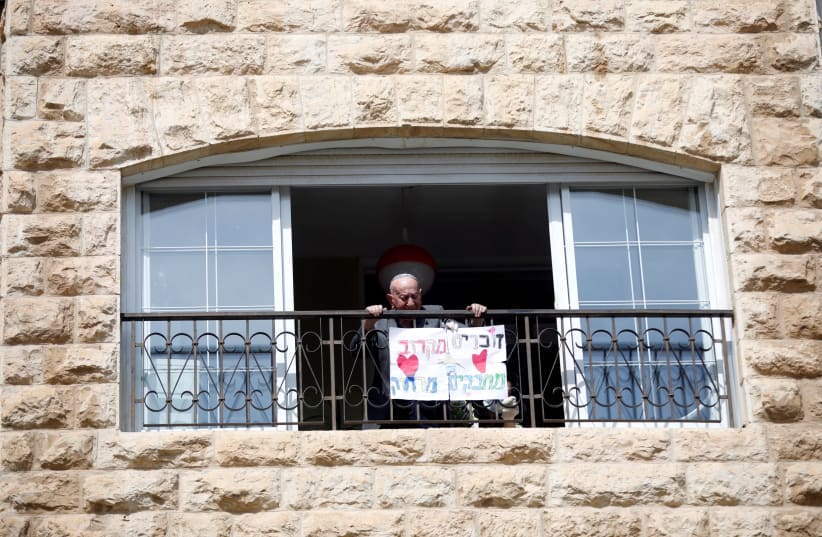A number of different programs for survivors are run by the municipality, including a project to transport Holocaust survivors to get coronavirus vaccines coordinated with Yad Sarah, a project to install fall prevention kits in nursing homes and a digital literacy project to help survivors use digital technology.
The municipality also runs weekend clubs, which hold meetings on Thursdays and Fridays for a joint meal and Kabbalat Shabbat, provides assistance to survivors stuck at home and runs eight social clubs for Holocaust survivors in the middle of the week with lectures, workshops, performances and music, including clubs for English and Russian speakers. The clubs were moved onto Zoom during the coronavirus outbreak.
Some six Mofet clubs are also provided for Holocaust survivors three days a week and include meals and activities to help with loneliness and maintaining healthy nutrition.
The Community Entitlement Centers (Nekudot Zechut) project, run in cooperation with the Aviv for Holocaust Survivors, helps them understand their rights and what government benefits they are entitled to.
The main needs identified among Holocaust survivors in Jerusalem include assistance with daily functioning, access to services and relief of loneliness.
"Along with the memory of the Holocaust and the commemoration of those who perished, we as a society must act routinely to support Holocaust survivors," said Jerusalem Mayor Moshe Lion in a press release."To this end, we in the Jerusalem Municipality are constantly working, and certainly during the coronavirus crisis, to make accessible to the survivors of the city their full rights and the full range of social and cultural services. We will continue to work to fulfill the needs of the survivors in the best possible way."
